1) strain-softening model


应变软化模型
1.
In order to reflect the characteristics of geotechnical material more exactly,the strain-softening model was built based on the engineering background of one deep foundation reinforced by soil nail.
为了更加真实地反映岩土体材料的特性,以某深基坑土钉加固工程为背景,建立相应的应变软化模型。
2) model building/strain softening


建立模型/应变软化
3) linearly softening model


线性应变软化模型
4) nonlocal strain sotening damage model


非局部应变软化破坏模型
5) strain softening


应变软化
1.
Two-yield surface constitutive model for fine sand in consideration of dilatancy and strain softening;
考虑剪胀性和应变软化的粉细砂双屈服面本构模型
2.
Influence of liquid surface tension on the concrete fracture energy and its strain softening;
液体表面张力对混凝土断裂能及其应变软化的影响
3.
Analysis of cavity expansion in soil with shear dilationand strain softening considering large deformation;
应变软化及剪胀性土体中考虑大应变的孔扩张问题解析
6) strain-softening


应变软化
1.
Stability evaluation of strain-softening slope based on Swedish slice method;


基于瑞典条分法的应变软化边坡稳定性评价方法
2.
Improved variational K_p method of nonlinear FE considering strain-softening of material;


考虑材料应变软化的非线性有限元的改进变Kp法
3.
Analytical solution to cavity expansion in strain-softening soils with Tesca yield criterion and its applications;
应变软化Tresca材料中扩孔问题解答及其应用
补充资料:《原创教程--教你一步步建立斜口齿轮模型》
先看下最终效果

第一步

第二步
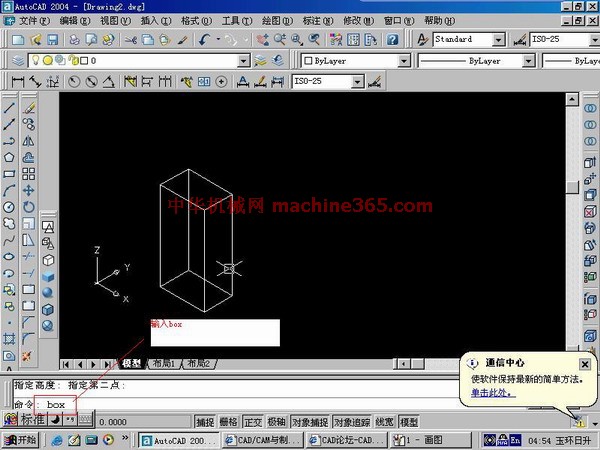
第三步
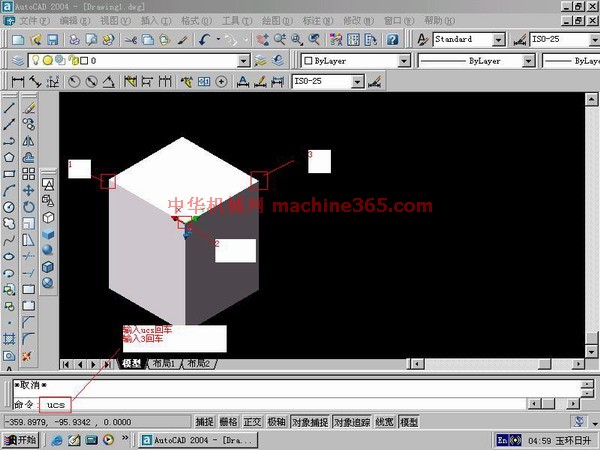
第四步
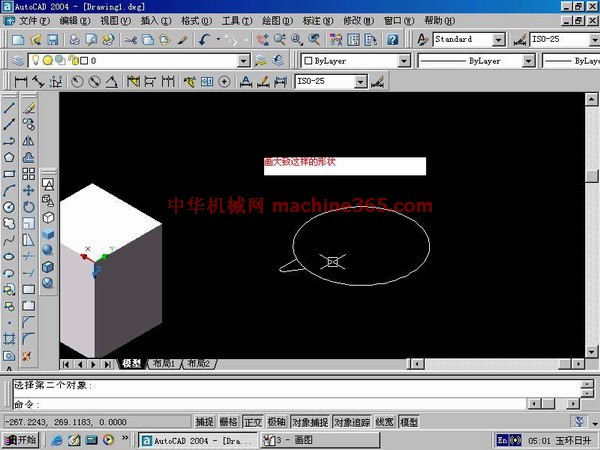
第五步:面域拉身
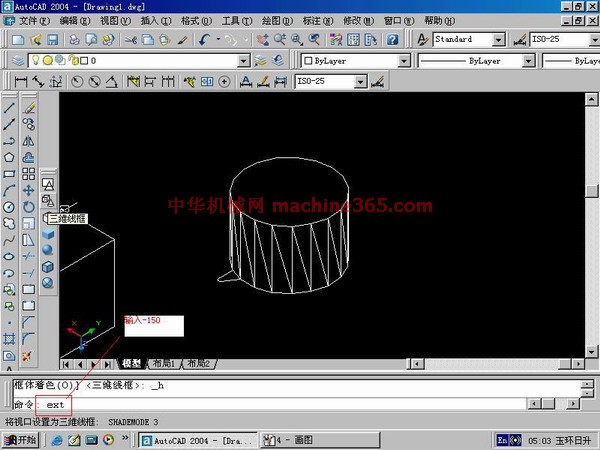
第六步
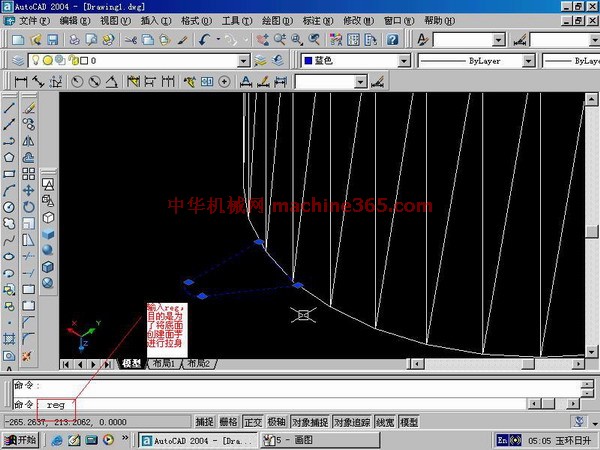
第七步:阵列

第八步
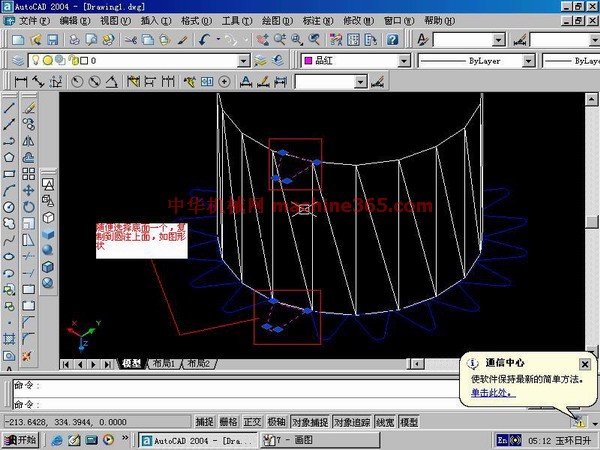
第九步
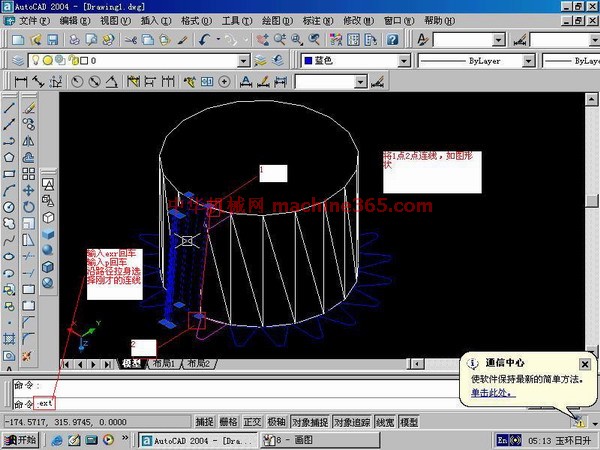
第十步
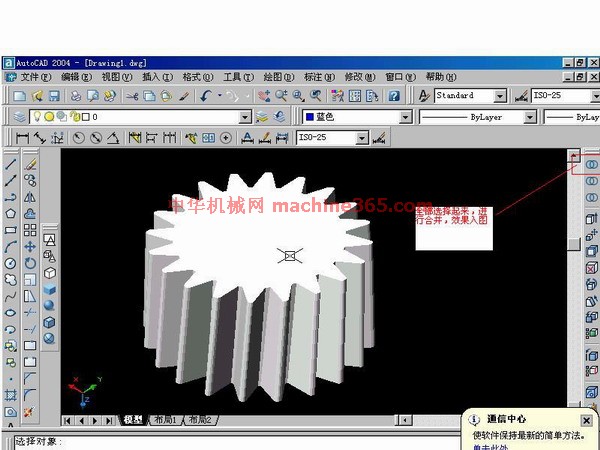
第十一步
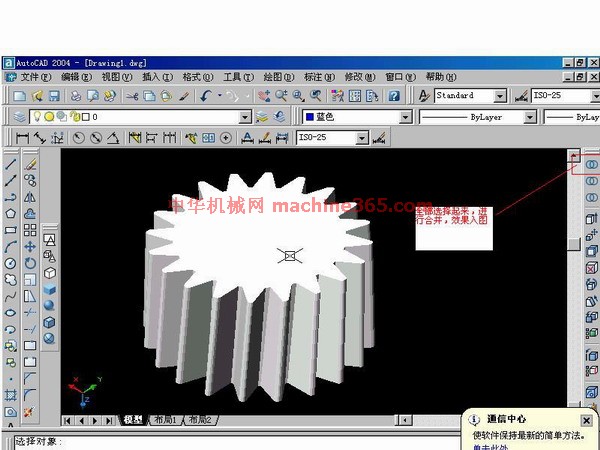
第十二步
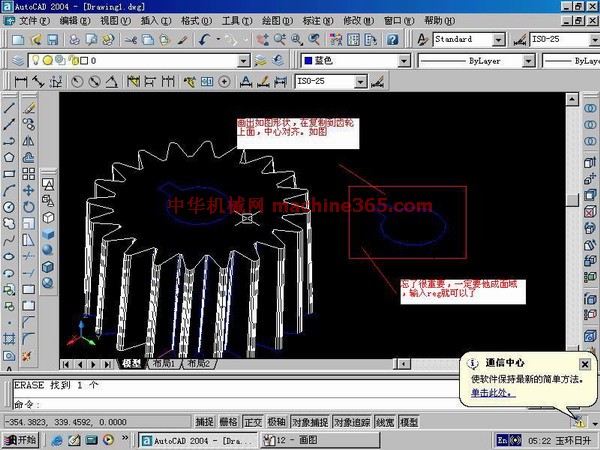
第十三步
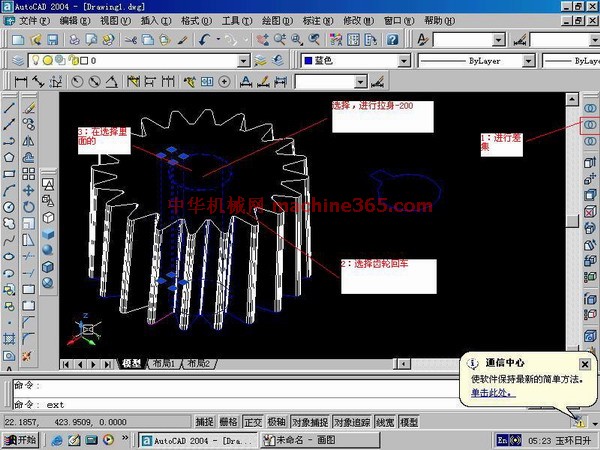
第十四步:完成,没渲染
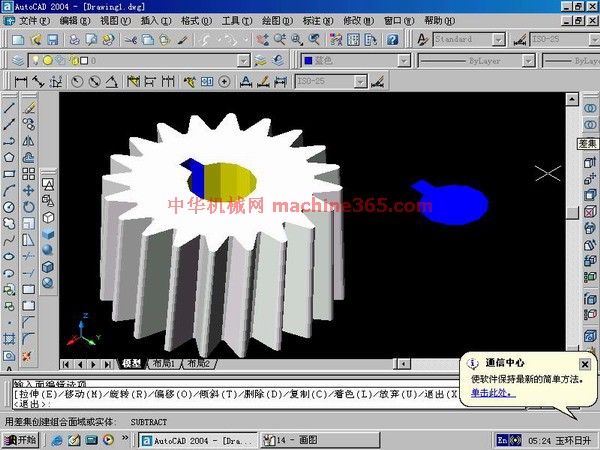
说明:补充资料仅用于学习参考,请勿用于其它任何用途。
参考词条